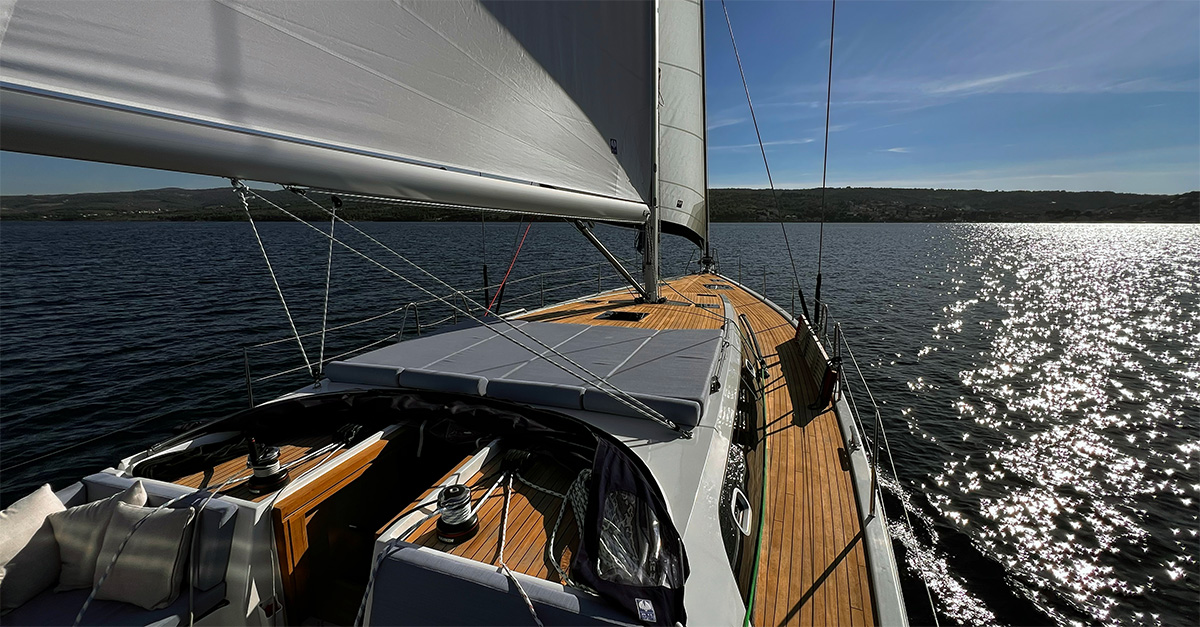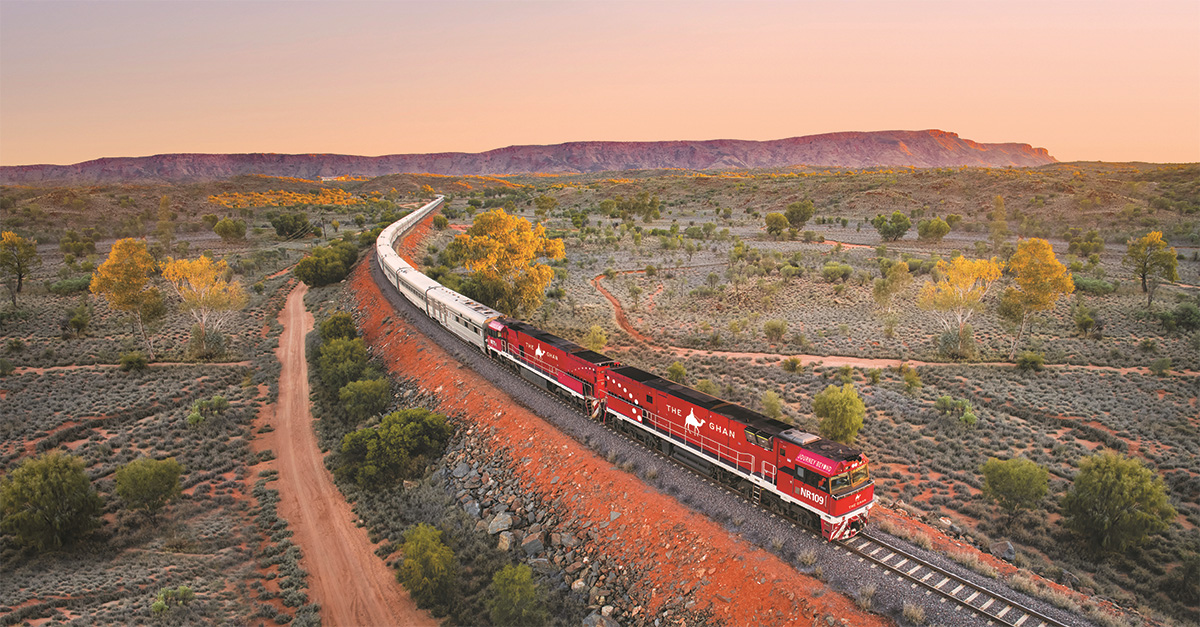Accessible travel isn’t nearly as tricky as you might think, finds Tom Jamison.
Like this and want more details? Click here to download and save as a PDF.
Anybody who watched this summer’s coverage of the Paralympic Games will be familiar with the label ‘superhumans’, referring to the disabled people who put on such a successful performance in Rio.
With those achievements fresh in the memory, it begs the question why so many organisations in travel still regard disability as a difficult, perhaps impossible, area to deal with. It isn’t. In fact, disabled people (irrespective of how phenomenally talented some might be at sport) aren’t superhuman – that’s a media myth – they’re people with the same passion and desire for travel as anyone else.
They might have specific needs and require a bit of forward-planning to anticipate what they’ll want in-resort, but that’s where agents can add value – by lending their expertise so clients can relax, knowing their needs are taken care of.
Here, we tackle a few out-dated ideas that surround travel for disabled people, so you can make sure your clients get off to a flying start.
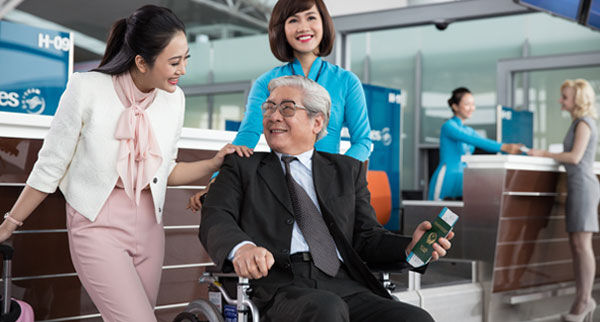
It’s difficult to fly…
Firstly, 264 British Paralympians flew to Brazil in September, so it’s far from impossible. Any agent will have clients who require a bit of assistance – whether regular wheelchair users, someone who pushed their luck on the pistes and returned with a broken leg, or people who use mobility aids on occasion – so it’s worth knowing what to expect.
Wheelchairs have never been an unusual sight in airports, and plenty of airlines and airports provide excellent assistance to wheelchair users or elderly people unable to stand for extended periods in queues.
Furthermore, many wheelchair users are completely independent and will most likely have driven themselves to the airport in an adapted car and so will require very little or no assistance at all.
Within the EU, any passenger with a disability or reduced mobility is entitled to free ‘Special Assistance’, meaning the airline must provide help through the airport and on boarding or disembarking. Similar regulations exist outside the EU, but specifics vary.
As a rule of thumb, passengers should make the airline aware of their needs at least 48 hours before travelling, and be prepared to switch to an airline wheelchair, as most personal wheelchairs are carried in the hold.
And the situation is improving elsewhere. For example Vietnam Airlines has introduced 80 wheelchairs for use across its airports in Vietnam, and allows free carriage of personal wheelchairs and guide dogs on all domestic and international flights. UK & Ireland general manager Le Thanh Dzung says: “With the newly enhanced facilities and services we have introduced throughout airports in Vietnam, visitors from the UK can expect the same world-class levels of comfort, convenience and care that they find at UK airports. What’s more, the next-generation aircraft – such as the Boeing 787-9 Dreamliner – are designed to accommodate the needs of passengers with reduced mobility.”
Let’s also remember that not all disabled people are wheelchair users. In fact, according to research by the University of St Andrews, a mere 8% of disabled people use wheelchairs. Special assistance is also available to the elderly and people who have difficulty with social interaction or communication such as autism and ADHD.
You need to be trained to sell travel to disabled people…
You can’t be an expert in every type of disability, and there’s no need to be either. If you’re making a booking for a client with a disability, you’re already talking to the expert, as no one else knows more about their circumstances than they do. This might include medication, allergies, exacerbations and even pain management.
Travel Counsellor Mandy Tait says: “Booking accessible travel doesn’t require special training but it does require research and planning, which is where a great travel agent comes into their own. The most important thing is to understand your client’s needs and not make any assumptions.”
It’s worth reminding clients to bring medication in its original packaging as well as the contact details of their usual healthcare professionals. Communication is key, and the best way of anticipating your client’s needs is to be upfront with the operator or hotel about what they might require. That said, disability is very personal, so give clients the option to communicate their needs directly if they prefer.
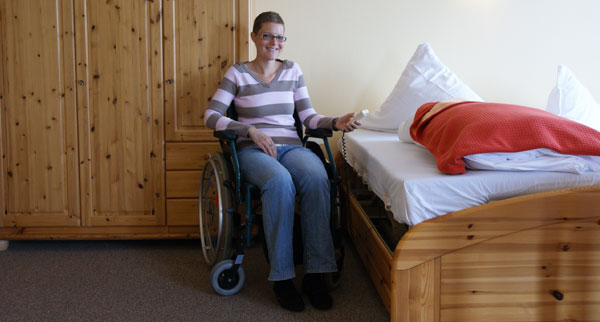
Hotels can’t guarantee accessible rooms…
Accessible is a difficult term; a blind person may need an ‘accessible’ room but won’t necessarily be satisfied with a wide doorway or a wheelchair ramp as the solution to their challenges.
More and more hotel chains are using the concept of universal design to make sure that they can suitably accommodate guests, integrating grab rails or large button telephones (with Braille embossing) that are available for use by everyone.
Bespoke Hotels has introduced its first access awards this year, celebrating innovative design in this field. Chairman Robin Sheppard says: “We felt the hospitality industry was ticking the box on statutory requirements, instead of enhancing the guest experience, particularly when it came to disabled hotel rooms that were often over-medicalised and clinical – Disability Discrimination Act-compliant, yet utterly devoid of joy. We felt more could be done to lead the charge, challenging hotels to address this issue and tackle it head on.”
Among the top hotels for guests who need an adapted room, Prestige Holidays recommends Jardines de Nivaria in Tenerife, Princesa Yaiza in Lanzarote, Grand Hotel Residencia in Gran Canaria and the Westin Dragonara in Malta.
“The main thing to remember when you get any enquiry that involves disability is it’s still a holiday booking – you need to ask all the usual questions,” says Philip Scott, managing director of specialist operator Can be Done. “The next point is to ascertain clients’ needs in terms of hotels, and if they need to rent any special equipment. We can advise on suitable options even while the client is sitting with the agent, but they should bear in mind that a hotel has a limited number of accessible rooms and we need to guarantee availability, so it can take 24 to 48 hours to get confirmation of a booking.”
Activity holidays are out of the question…
Plenty of disabled people require only minimal adaptations or specialist equipment to take part in activities ranging from self-drives through to horse riding or skiing. And let’s face it, the strength and stamina it takes to get yourself around in a wheelchair makes many a disabled person fitter than average, so it would be short-sighted to overlook the activity market.
Klaus Lohmann, UK & Ireland director of the German National Tourist Office (GNTO), says: “We launched our ‘Feeling Fearless’ campaign to show that activity holidays are definitely not out of the question for disabled people. The activities offered through established partners in Germany represent a wide choice, depending on how fearless people want to be. We understand for some, simply going to another country takes enormous courage, but if anyone wants to go white-water rafting or even skiing, Germany is open to all.”
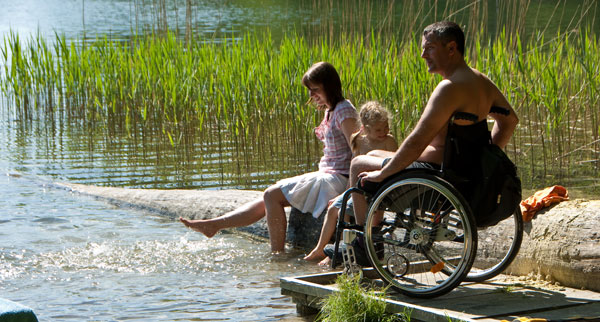
Only big cities are accessible…
While it’s true that big, well-developed cities tend to have the best in accessibility, it doesn’t always follow that towns or villages in more remote places are ‘inaccessible’. Resort destinations are often well set up for disabled people, and design features that might take into account people with mobility impairments – such as wide doorways or lifts and ramps – are as much a relief for parents pushing buggies or holidaymakers wheeling suitcases as they are for those with disabilities.
Where there is a specific need, a specific solution is often already in place. Beaches, woodlands and more modern attractions have taken great efforts to make destinations accessible, not least to make sure that they are suitable for the elderly or family markets.
Sandbanks Beach in Poole, Dorset, for example, has five beach-accessible wheelchairs available for a £25 deposit, while nearby Boscombe Pier Beach can guarantee beach huts with disabled access and beach-going wheelchairs for hire from the Boscombe Beach Office.
Northern Ireland’s flagship tourist attraction the Titanic Belfast has also been a real champion for this market with its current ‘Year of Access’ campaign, shining a light on a different disability each month to encourage greater understanding among staff and visitors.
The disability sector will not offer a good return on investment…
Putting aside any moral outrage for a moment, this is the biggest myth about disability travel. According to disability charity Scope, the total spending power of households that include a disabled person is around £212 billion a year.
Taking travel spending alone, research by VisitEngland found the accessible tourism market in England alone was worth at least £3 billion for overnight visits, rising to £12.4 billion if you include day trips. And farther afield, the US Open Doors Organization estimates adults with disabilities in the US spend $17.3 billion a year on travel, and in Australia, it’s about $8 billion.
Maybe travel suppliers smell a ‘fad’ or think it’s post-Paralympic hype, but tell that to an ageing population who are ever-more interested in opportunities to enjoy active leisure and travel opportunities.
It’s also worth understanding that because of the emerging nature of this marketplace, disabled people tend to be incredibly brand loyal. As anybody impacted by disability will tell you, the worst case scenario is a ‘nasty surprise’ whereby a promise of access or facilities isn’t kept. Finding a trusted provider of travel services is a huge relief for people who are simply looking for providers they can rely on.
Recognising the value of the ‘purple pound’, Lohmann adds: “Barrier-free travel, as it’s called in Germany, is top of our government agenda. The focus is travel with ease and comfort, for experienced travellers and an ageing society. For the travel trade, accessible travel presents a growth opportunity and at the GNTO, we are here to put UK tour operators in touch with the right people in Germany.”
There’s clearly an opportunity for savvy agents to get ahead of the game, as disability travel is increasingly moving from compliance – making activities accessible because the law requires it – to choice, as a result of growing demand and greater visibility. Tait adds: “With awareness of accessible travel increasing and more providers adapting their products or starting to specialise, it can only grow in volume and value.”
Ask the experts
Lynne Kirby, managing director, Enable Holidays
“The key to meeting a disabled customer’s requirements is to find out exactly what the customer is looking for. This means establishing the customer’s level of disability, and not being afraid to ask questions to get a good understanding of the challenges they face. It’s always wise to be transparent at the outset, by drawing attention to any barriers so the customer can make an informed choice. Specialist accessible holiday operators can source the best adapted rooms, liaise with airports and airlines, and provide adapted transfers, equipment hire in resort, and in some cases, nursing care. Disability is very wide-ranging so it will never be a situation of one size fits all.”
David Skillicorn, general manager, Prestige Holidays
“From an agent’s perspective, this is challenging but rewarding and, with an ageing population, a growing area. The minute someone enquires about adapted rooms, our reservations team will request further details because, dependent on the specific mobility issues, there are many things to consider and pre-book. It’s also worth enquiring how fit and able a travelling companion is. This will help us judge the suitability of a property in terms of access to all areas. Abta also has a very useful checklist for disabled and less mobile passengers and we would recommend agents use this as a guide. Within reason anything is possible, but it is vital we are appraised of all the facts in advance.”

